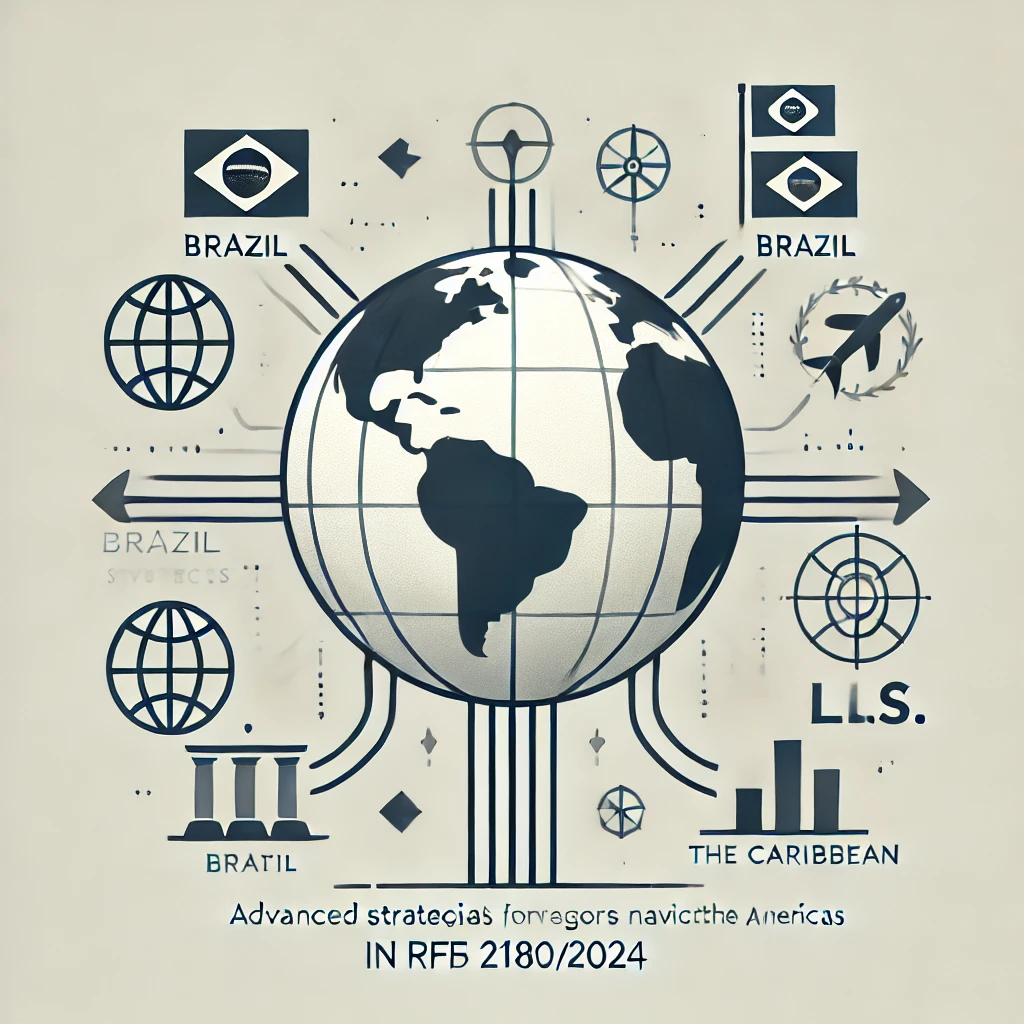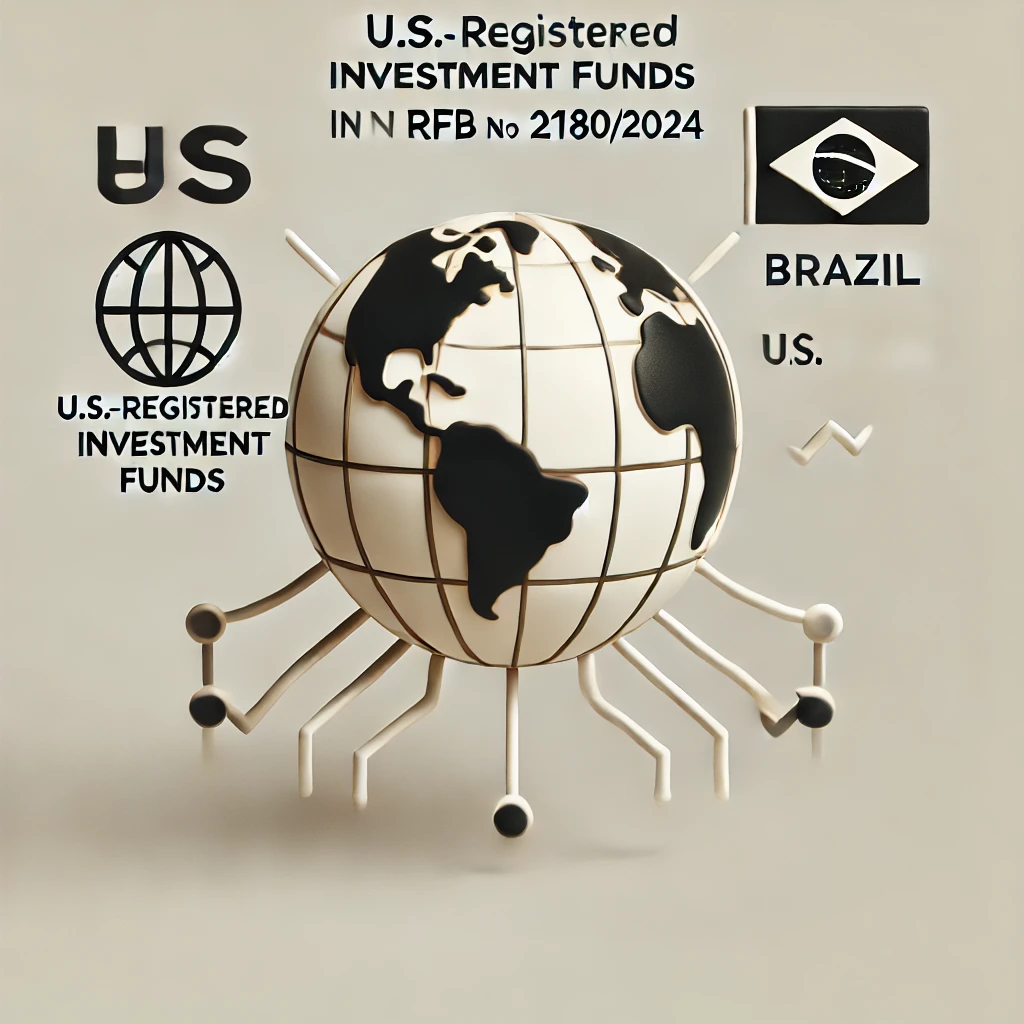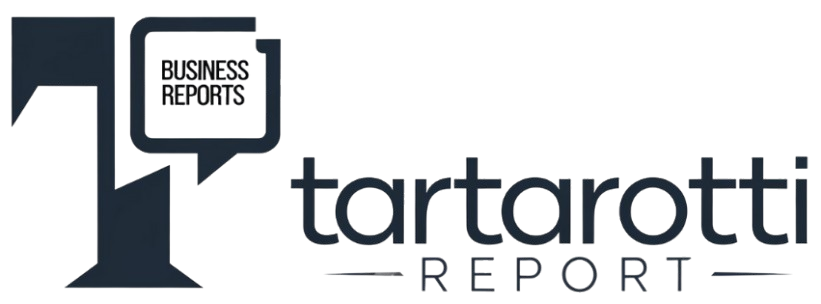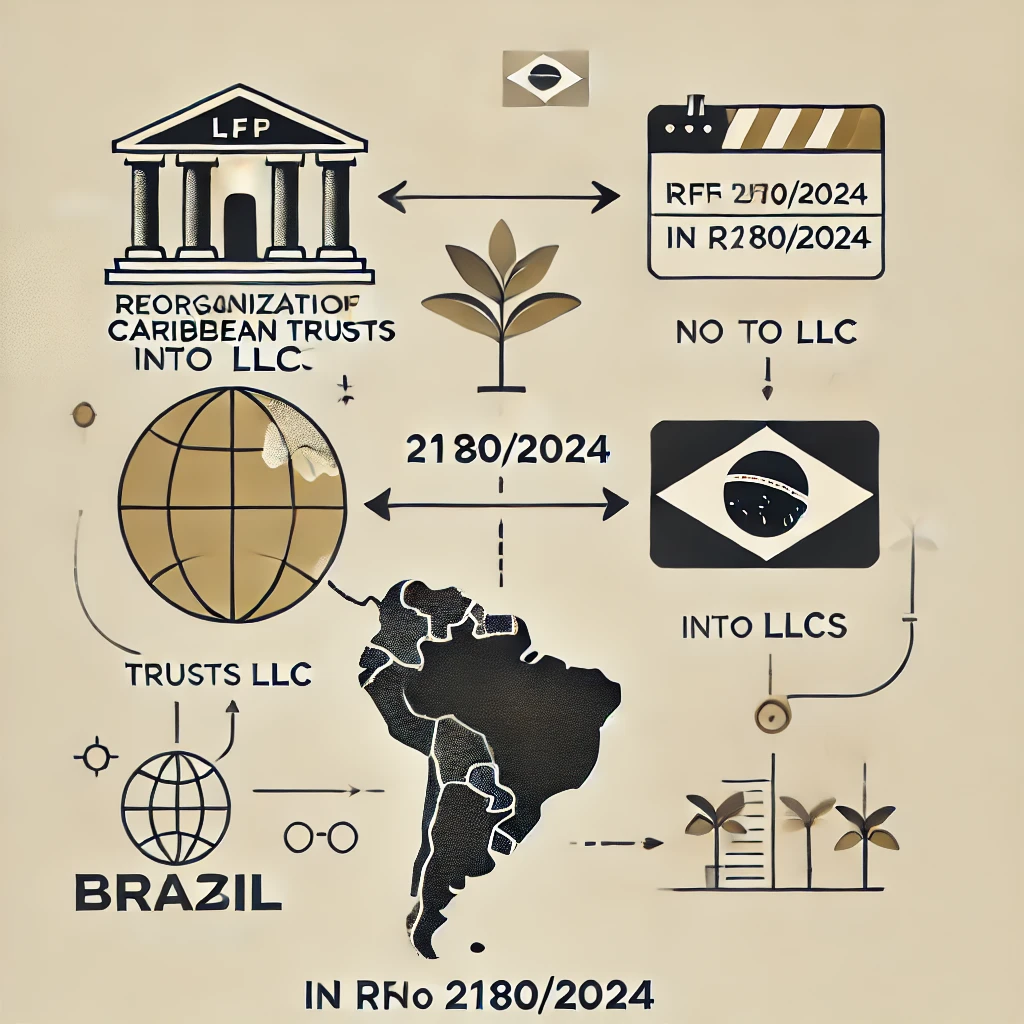Introduction:
RFB Normative Instruction No. 2180, of March 11, 2024, brought significant changes for Brazilian investors with assets abroad, especially in relation to trusts and foundations. With an estimated impact of more than R$1 trillion on offshore assets held by Brazilians, the need for adaptation strategies has become critical.
This guide explores sophisticated alternatives for Brazilian investors in the Americas, focusing on solutions in the Caribbean, USA and Brazil. Our goal is to provide strategies that not only mitigate the impact of the new regulations, but also optimize the ownership structure within legal limits.
Part 1: Ready to Roll 🚀 – Basic Strategies and Practical Actions
Part 1, “Ready to Roll”, offers practical actions and immediate advice for entrepreneurs who need quick and effective guidance.

1. Restructuring Caribbean Trusts
Background
Many Brazilians use trusts in jurisdictions such as the Cayman Islands and the Bahamas, now under increased scrutiny by IN RFB nº 2180/2024.
Strategy: Conversion to Limited Liability Companies (LLCs)
Implementation:
- Evaluate the possibility of converting trusts into LLCs in the same jurisdictions.
- Establish an LLC, for example, in the Cayman Islands.
- Transfer assets from the trust to the LLC, maintaining a similar control structure.
Why it works:
- LLCs offer tax transparency similar to trusts, but with clearer legal treatment under Brazilian law.
- Maintains benefits of asset protection and operational flexibility.
2. Use of Regulated Investment Funds in the US
Background
The new instruction focuses mainly on opaque structures, but maintains existing treatment for regulated funds.
Strategy: Migration to SEC-Registered Funds
Implementation:
- Identify investment funds registered with the SEC (Securities and Exchange Commission) in the US.
- Transfer investments from offshore structures to these regulated funds.
Why it works:
- SEC-registered funds offer greater transparency and more predictable tax treatment in Brazil.
- Maintains exposure to the US market with a robust regulatory framework.
3. Holding structures in Brazil
Background
IN RFB nº 2180/2024 increases the attractiveness of domestic structures for asset management.
Strategy: Establishment of Brazilian Family Holdings
Implementation:
- Set up a family holding company in Brazil, preferably in S.A. format.
- Repatriate international assets into the ownership of this holding company.
- Structure governance through shareholder agreements.
Why it works:
- Domestic structures are more easily understood by the Brazilian tax authorities.
Offers succession planning benefits with greater legal certainty.
Part 2: Deep Dive 🤿 – Technical Deepening in Advanced Strategies
Part 2, “Deep Dive”, provides in-depth analysis for those who wish to delve into the technical and complex aspects of international finance.

4. US-Caribbean Hybrid Structures
Detailed Analysis
Combining entities in the US and the Caribbean can offer a balanced solution between transparency and tax efficiency.
Strategy: Delaware LLC with Subsidiary in the Cayman Islands
Advanced Implementation:
- Establish an LLC in Delaware as the primary holding company.
- Create a wholly-owned subsidiary in the Cayman Islands.
- Structure the Caribbean subsidiary to hold international investments.
- Use “check-the-box” tax elections for tax optimization.
Tax and Legal Advantages:
- Delaware LLC offers flexibility and international recognition.
- The Caribbean subsidiary allows for tax-efficient investment management.
- The structure allows for consolidation of results and efficient tax planning.
5. Strategic Use of Panamanian Foundations
In-depth analysis
Foundations in Panama can offer an alternative to trusts, with potentially more favorable tax treatment under the new instruction.
Strategy: Restructuring Trusts into Foundations
Complex Implementation:
- Evaluate the conversion of existing trusts into Panamanian foundations.
- Establish the foundation with a governance structure similar to the original trust.
- Implement distribution mechanisms in line with Brazilian legislation.
Legal and tax considerations:
- Panamanian foundations have legal personality, differentiating them from trusts.
- Potential for more favorable tax treatment, depending on structuring.
- Careful documentation required to justify economic substance.
6. Direct Investment Strategies in the USA
Strategic Analysis
Direct investments in the US can offer transparency and tax efficiency under the new regulations.
Strategy: Professionally Managed Direct Investment Portfolio
Sophisticated Implementation:
- Establish personal investment accounts at reputable U.S. brokerage firms.
- Hire wealth managers in the US for active management.
- Invest directly in American stocks, bonds and REITs.
- Use Separately Managed Accounts (SMAs) for customization.
Tax and operational optimization:
- Direct investments have clear tax treatment under Brazilian law.
- SMAs offer professional management with greater transparency than traditional funds.
- Possibility of tax-loss harvesting strategies for tax optimization.
7. Integration of Variable Life Insurance Structures
Technical Analysis
Life insurance products with an investment component can offer significant tax advantages.
Strategy: Use of Variable Life Insurance Policies in Puerto Rico
Advanced Implementation:
- Take out a variable life insurance policy with insurers in Puerto Rico.
- Structure the policy to invest in global assets, including offshore funds.
- Implement distribution strategy aligned with succession planning.
Complex tax considerations:
Need careful structuring to avoid characterization as “wrapper insurance” by the Internal Revenue Service.
Life insurance has a different tax treatment in Brazil, with deferred taxation.
Puerto Rico offers a favorable tax regime, combining US and offshore benefits.
Conclusion
IN RFB No. 2180/2024 presents significant challenges, but also opportunities for strategic restructuring of international investments. Solutions in the Americas, especially in the Caribbean, the US and Brazil, offer a spectrum of options for Brazilian investors.
Key points to remember:
- The choice of structure should consider not only tax aspects, but also long-term objectives and regulatory compliance.
- Integration between different jurisdictions can provide an optimal balance between tax efficiency and transparency.
- Continuous adaptability is crucial, given the constant evolution of the global regulatory environment.
By implementing these advanced strategies, Brazilian investors can not only mitigate the impacts of new regulations, but also optimize their asset structures for the future, always within the limits of legality and ethics in each jurisdiction involved.
FAQs
- Q: What is the deadline for adapting to the new rules of IN RFB nº 2180/2024? A: The normative instruction states that the new rules come into force from the calendar year 2024. It is therefore crucial to start planning and implementing adaptation strategies as soon as possible in order to be compliant in the next tax period.
- Q: How does the new instruction specifically affect trusts in the Cayman Islands? A: IN RFB nº 2180/2024 tends to treat revocable trusts in the Cayman Islands as transparent for tax purposes in Brazil. This means that the trust’s assets and income can be considered to belong directly to the Brazilian settlor, potentially increasing the tax burden. Restructuring to LLCs or other entities may offer more favorable tax treatment.
- Q: What are the risks of maintaining offshore structures without adapting to the new regulations? A: The main risks include:
- Significant increase in the tax burden
- Potential penalties for non-compliance
- Increased scrutiny from Brazilian tax authorities
- Difficulties in international banking and financial operations due to lack of transparency
- Q: How can strategies involving the US benefit Brazilian investors under the new rules? A: Strategies involving the US can offer:
- Greater transparency and acceptance by the Brazilian authorities
- Access to sophisticated and liquid financial markets
- Possibility of using favorable tax treaties between Brazil and the US
- Regulated structures that may have more predictable tax treatment in Brazil
- Q: What are the key considerations when deciding between keeping assets offshore or repatriating them to a Brazilian structure? A: Important considerations include:
- Investor’s long-term objectives (growth, succession, diversification)
- Risk profile and need for asset protection
- Maintenance and compliance costs of international vs. domestic structures
- Immediate tax impact of repatriation vs. long-term benefits
- Flexibility for future international restructuring or expansion
Remember, each situation is unique and requires detailed analysis. It is highly recommended to consult specialized legal and tax advisors before implementing any international equity restructuring strategy.

Member of the IMA (Institute of Management Accountants) – USA
Member of the AICPA (American Institute of CPAs) – USA
Member of AAII (American Association of Individual Investors) – USA
Member of AAA (American Accounting Association) – USA
Member of the FMA (Financial Management Association) – USA
These associations not only attest to Kleyton’s commitment to professional excellence, but also ensure that his knowledge is always at the forefront of international financial and accounting practices.
With a robust academic background, including a Bachelor’s degree in Accounting and MBAs in International Finance and Accounting, as well as in International Business, Kleyton offers a unique and comprehensive perspective on the global business landscape.
Through the Tartarotti Report, Kleyton invites visionary entrepreneurs and executives to connect, explore opportunities for collaboration and, together, successfully navigate the complex world of international corporate finance.







